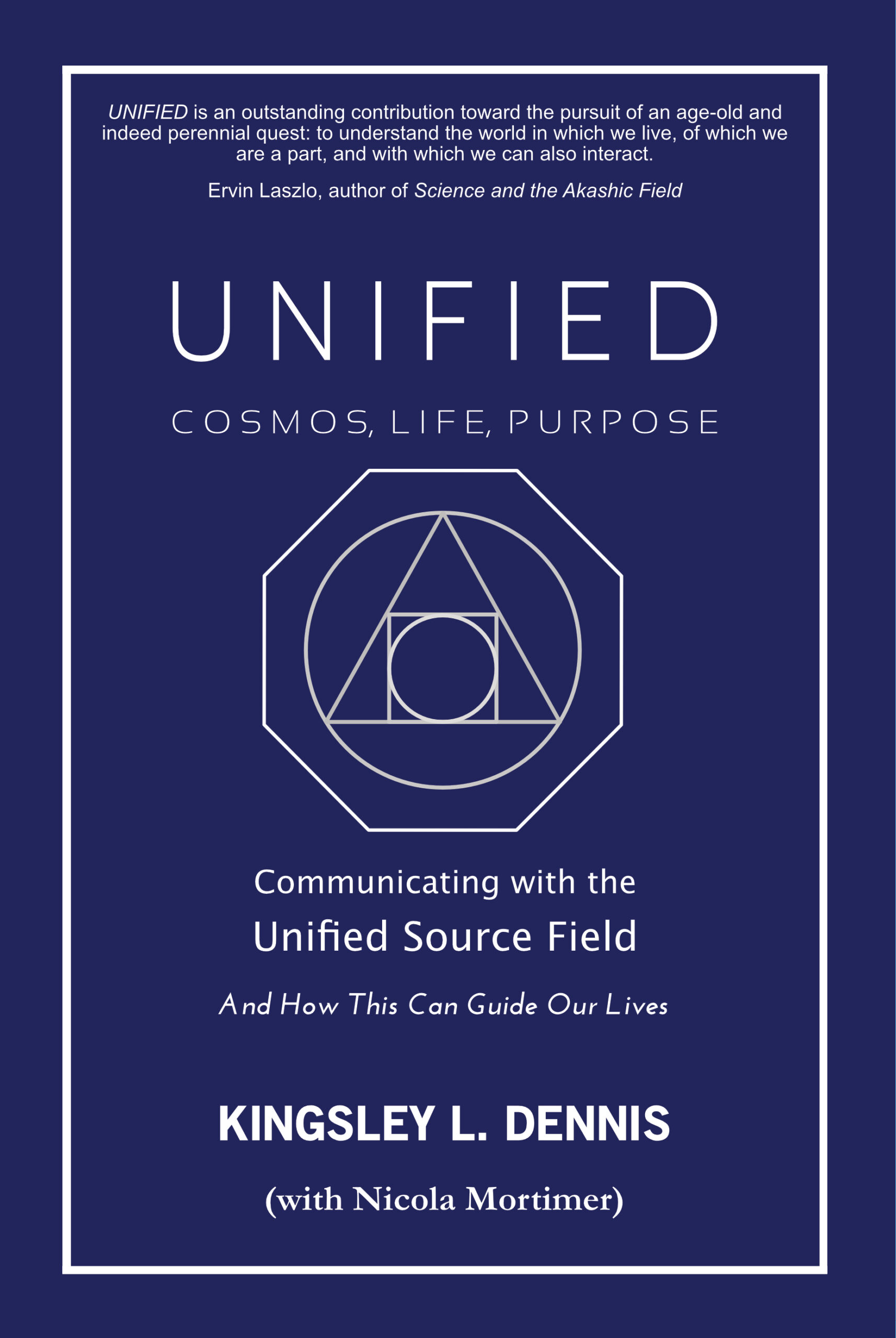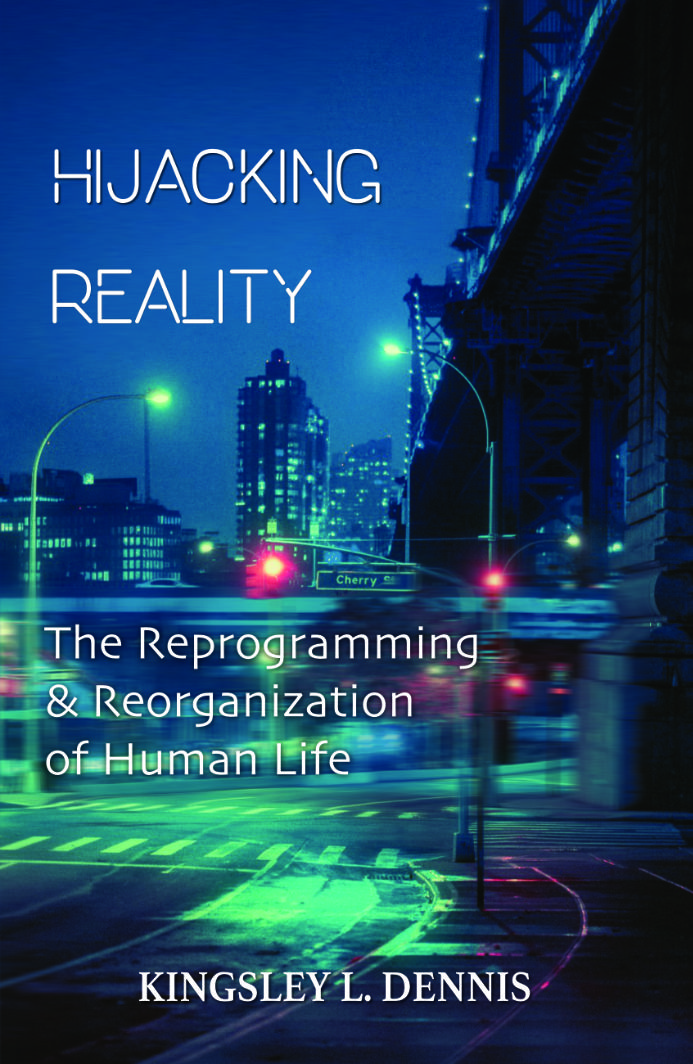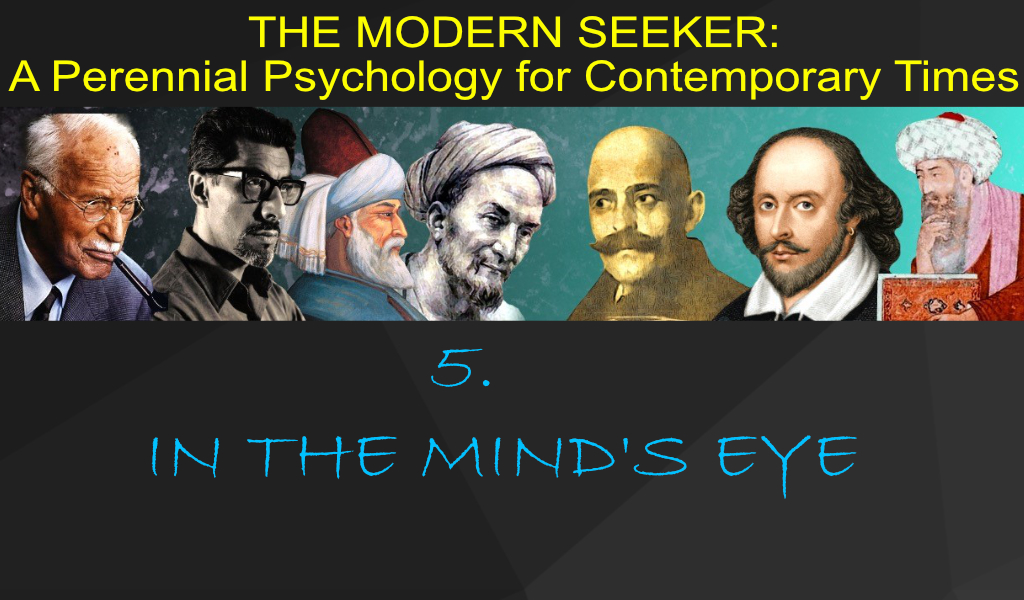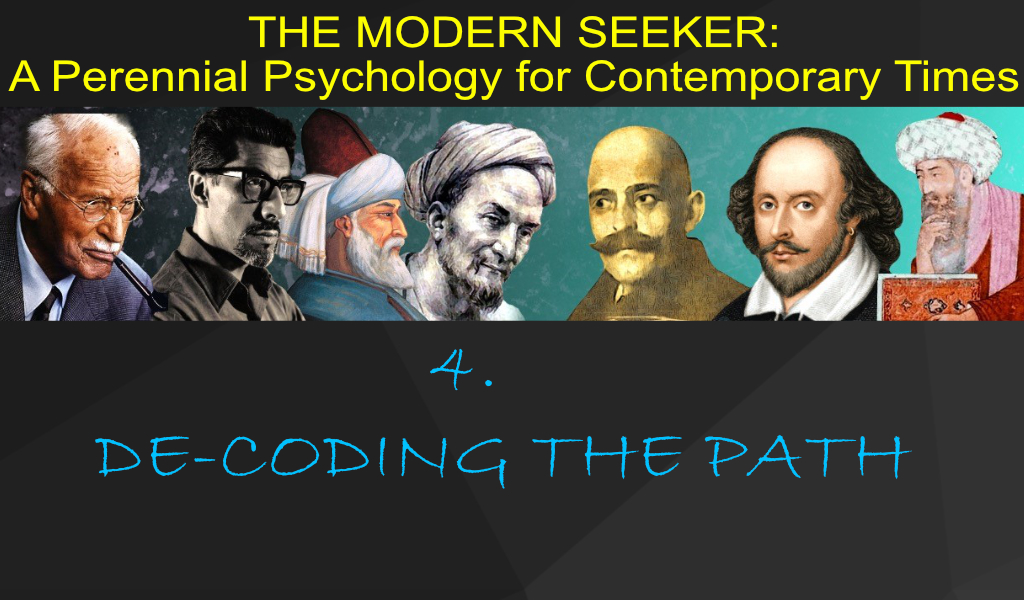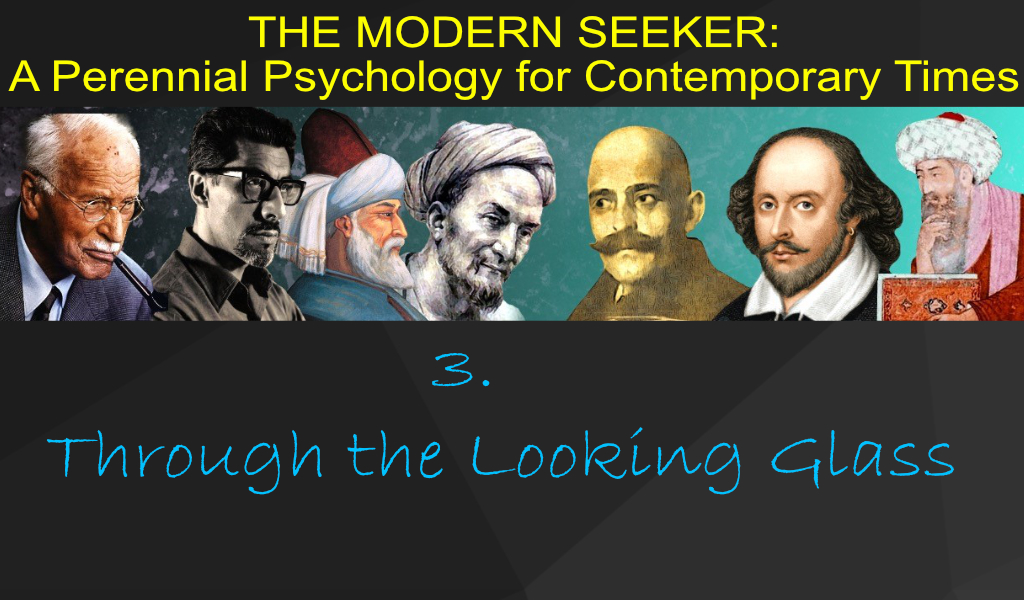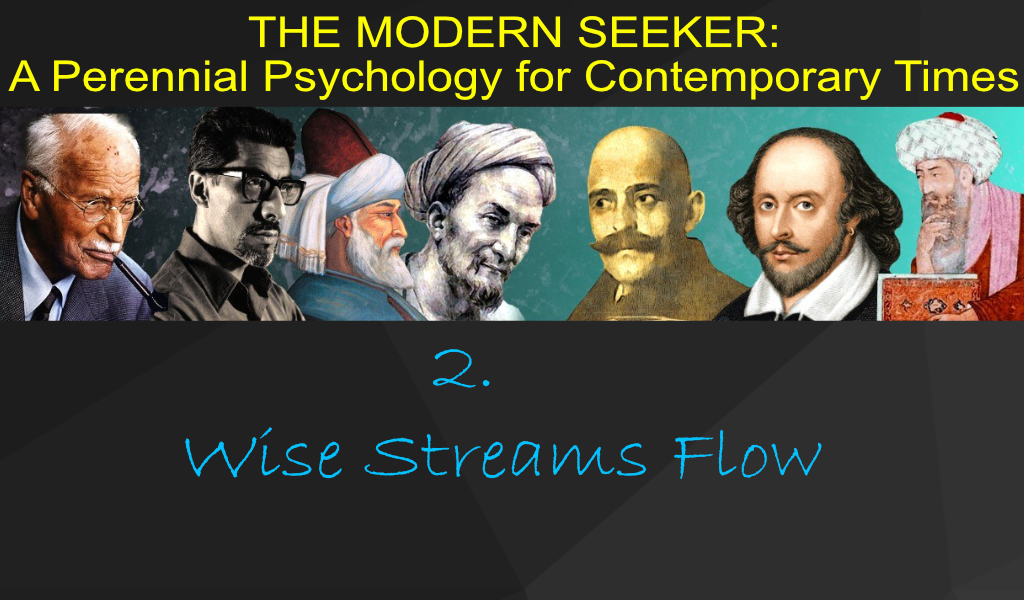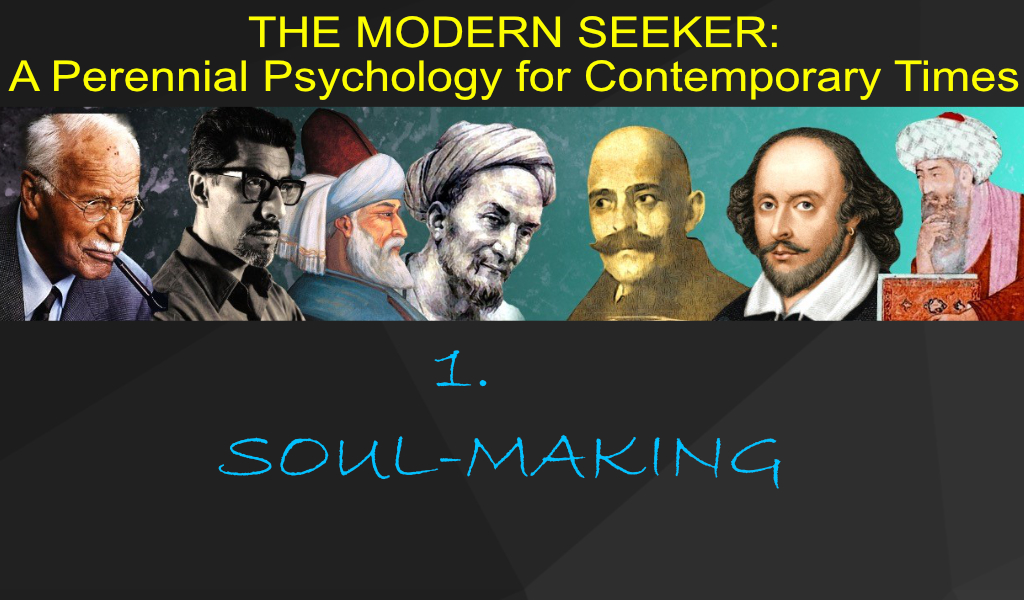The Argentinean writer Jorge Luis Borges once famously wrote of a great Empire that created a map that was so detailed it was as large as the Empire itself. The actual map itself grew and decayed as the Empire itself conquered or lost territory. When the Empire finally crumbled, all that remained was the map. This ‘imaginary map’ finally became the only remaining reality of the great Empire: a simulation of the physical reality that now encompasses everyone. In some sense we can say that today’s world is moving further towards existing within a simulation of reality. Our world is increasingly given meaning and order through symbols and signs, reducing the human experience to moving between artefacts that construct and maintain a perceived reality. Much of this is orchestrated through global media and the worldwide ‘cultural creep’ of uniform, standardizing western lifestyle patterns. Through the consumerist mass-production of objects and desirables, people’s attention and focus is increasingly driven towards superficial attainments and false value systems. The global media, through movies, television, and printed material, shoulders a high responsibility for blurring the sense of meaning, values, and for deliberate distraction techniques. And, of course, for the incredible amount of propaganda and mental/emotional manipulation that lies at the heart of global media. When there is intent to flood people’s consciousness with images that are often more real than the real, this sense of hyper-reality is in danger of eroding the presence of meaning and significance.
This shift towards propagating banal reality lies at the heart of the ever-increasing centralized control of the media. It is somewhat worrying to learn that most western media organizations are owned by only a handful of giant corporations: News Corp; Viacom; Time-Warner; Disney; Vivendi Universal, and Bertelsmann.
The mainstream media is free to offer up a kaleidoscopic view of world events like a broad canvas of fleeting colours. Each day the mosaic changes and events, tragedies, disasters, coups, and politics flash before the eyes like a glitterball. As a result the viewer rarely has the chance to focus on one issue, and thus remembers very little. Nor is there the need to remember a specific event as the next day it is likely to be replaced by the next item of news. In this way, the average viewer is granted their ‘nourishment’ and feeling of ‘open news’ whilst at the same time being denied any real ‘truth’ of the situation or any depth of knowledge.
The mainstream media and entertainment industry also manipulate viewers’ emotions to the point whereby many of us are desensitized. The media of escapism allows us to live out our fantasies in what is considered a less harmful way. It is supposed the placate us; to make us forget the regularity of our everyday lives. It also provides us with an external platform on which to project; supplies a conversation space/talking point amongst friends and/or work colleagues; or offers a buffer zone to cover up the embarrassment of a non-communicative family. For many of us the media is now an extension of our daily lives. By being an extended part of us we are drawn in to their events, are enthralled in their dramas. They appear as an amplification of our own senses, relating, interpreting, and transcribing the world back to us.
Another more worrying possibility is that television can act as a factor in causing ‘arrested development’ within younger children, thus resulting in a later generation of less ‘neurologically’ developed adults. Child researcher Joseph Chilton Pearce has published findings that indicate how television prevents the higher brain in children from developing as television engages solely with the lower (aka. reptilian) brain.* If the higher brain is not activated sufficiently through external stimulations – which it rarely is via child institutions – then at age 11 the brain begins to destroy many of its unused neurons. This can lead to a permanent condition of arrested development. What this points to is a serious lack in proper stimulants for many children in overly institutionalized and controlled social environments. Also, our brains do not fully mature until we are around age twenty-five, which explains the early targeting of children through advertisers and conditioning institutions. The creative capacity of human imagination is being substituted for a ready-made set of imaginative programming. The corporate entertainment industry has proved to be an incredible tranquilizing abstraction and ‘addiction to distraction’. We are living in 2012 A.D. = Attention Distractor
As global mainstream media and the extension of hyper-reality creep into our daily lives we each become numb to the violations, wars, carnage, and outrages that pass off as media spectacles. Also worrying is that our younger generation is becoming ever more desensitized to extreme content as video games increasingly merge with military simulations and violent content. Children’s entertainment gradually merges into ‘militainment’ as warfare gaming and 1st-person shooters become bestsellers and a gaming phenomenon. The simulation of violence and military machismo makes the macabre the unreal, the inconsequential and the fanciful. Immersion is permitted at the press of a button, and instant ‘on-demand’ gratifications satiate distraction and attention. This indeed can be a dangerous mix of painless pleasures taught to be available at the effortless touch of a button. It can become all too easy to slip into a distractive regime of escapism and pleasurable indulgence.
Over the past one and a half centuries humankind has been shifting towards the structure of a mass society; a modern project of massification. Our modern ‘multi-tasking’ environments are increasingly making the rational appear irrational, and the irrational as rational – are we not living in an upside-down, topsy-turvy world?
If we are to wake-up from the hyper-reality that manifests constantly around us we need to bring awareness to the forefront of our daily lives; to begin nurturing our own inner authority and deciding what to filter, what to internalize, and which to shut off. We need to become more active in how we engage in our world, our sense of reality, and our Earth.
* Chilton Pearce, J. The Biology of Transcendence: A Blueprint of the Human Spirit. Rochester, VT: Park Street Press, 2004



